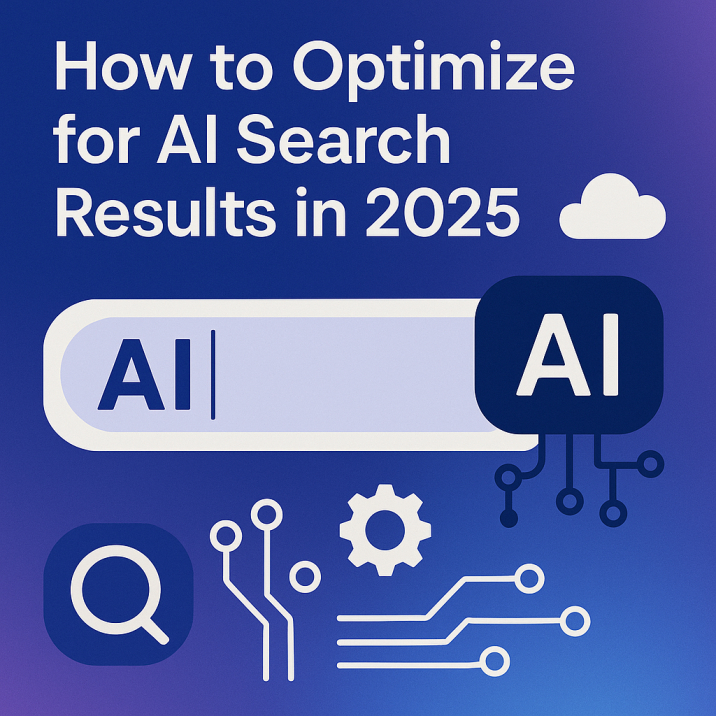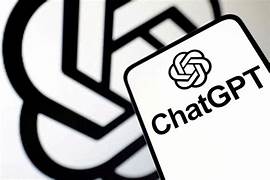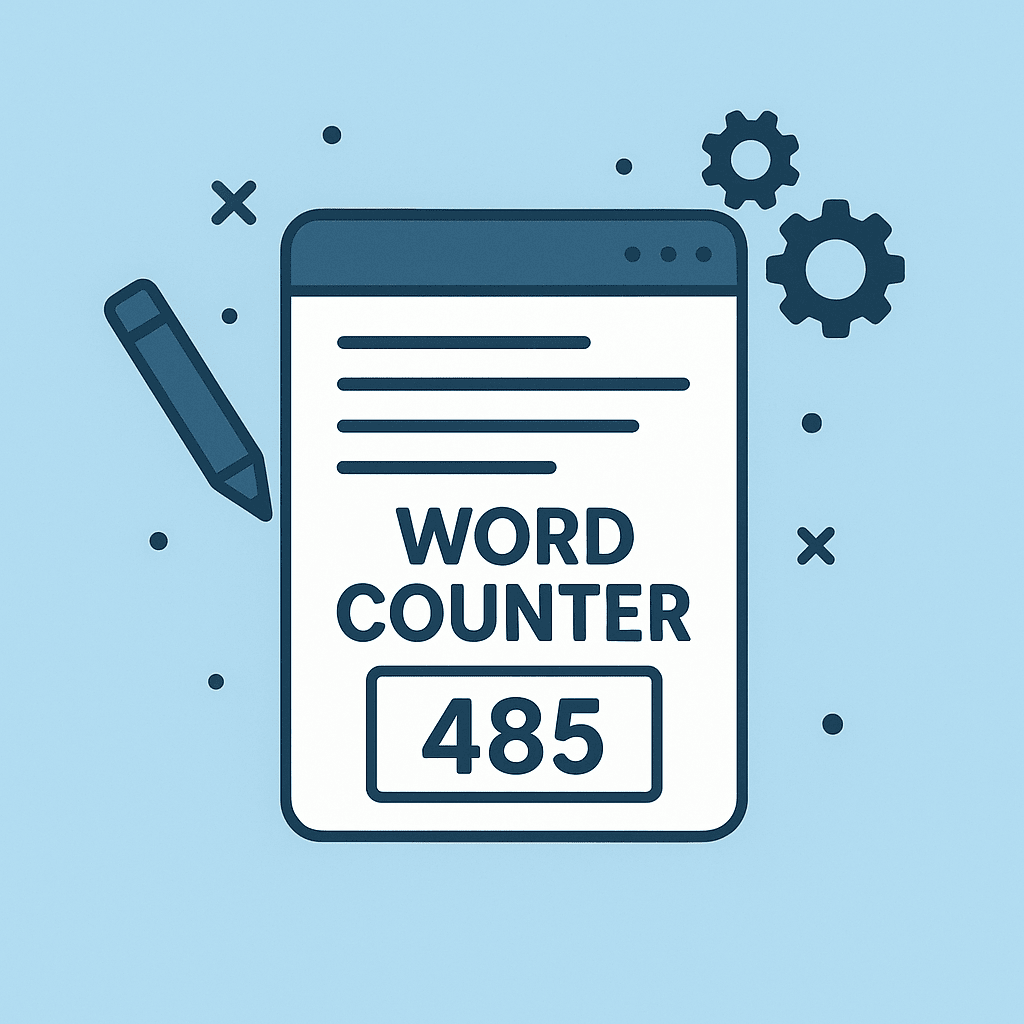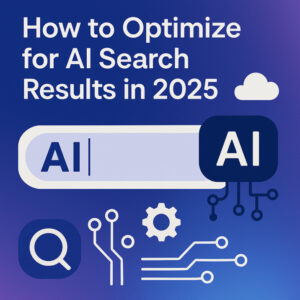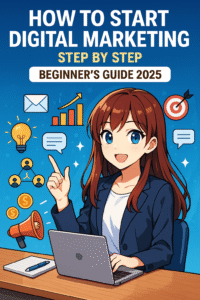What is AI Search Optimization?
AI search optimization, also known as Generative Engine Optimization (GEO), is the process of making your content visible, quotable, and favored by AI tools like ChatGPT, Google AI Overviews, Perplexity, and Microsoft Copilot.
Unlike traditional SEO, which focuses on ranking in search engine result pages (SERPs), AI search optimization focuses on getting cited in AI-generated answers. The goal is to become a trusted source that AI platforms reference when answering user queries.
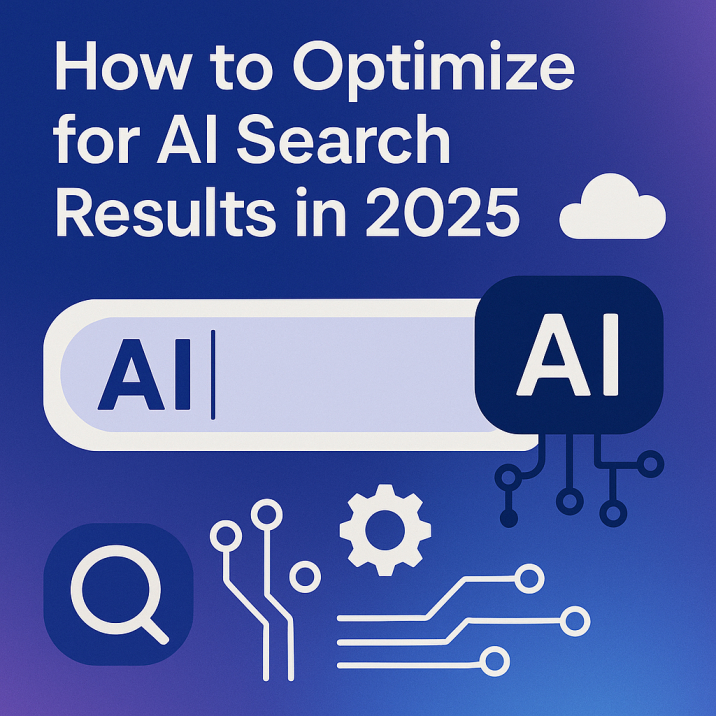
Why AI Search is the Future of SEO
AI search is no longer a trend—it’s now a major traffic source. Here’s why it’s the new SEO frontier:
- Google AI Overviews appear in over 13% of all searches, and this number is growing fast.
- ChatGPT usage increased 8x since October 2023.
- Perplexity AI is gaining popularity as a trusted research engine.
- Most importantly, AI search traffic converts 4.4x better than traditional organic traffic.
When users discover your brand through AI citations, they’re already informed and ready to take action. AI search simplifies the decision-making process by summarizing answers from multiple trusted sources—make sure you’re one of them.
Key Differences: AI Search vs Traditional SEO
Here’s a breakdown of how AI search optimization differs from traditional SEO:
- Traditional SEO aims for top positions in search rankings.
- GEO (AI SEO) aims to be cited in AI-generated answers.
Instead of focusing solely on traffic, GEO focuses on visibility and authority. Even if users don’t click, being cited increases trust and brand awareness.
5 Easy Ways to Improve Your AI Search Visibility in 2025
1. Check That AI Crawlers Can Access Your Content
Go to yoursite.com/robots.txt and ensure you’re not blocking these AI crawlers:
- GPTBot (ChatGPT)
- CCBot (common AI bots)
- Claude-Web (Anthropic)
If these bots are blocked, your content won’t show up in AI-generated responses.
Quick tip: Search your brand or articles on ChatGPT and Perplexity. If nothing appears, check for technical blocks or JavaScript navigation issues.
2. Add Specific, Sourced Statistics to Key Articles
AI tools prioritize data-backed content. Instead of saying “Email marketing is effective,” say:
“Email marketing delivers a $42 ROI for every $1 spent, according to Litmus (2024).”
Action step:
Add 2–3 sourced statistics to your best-performing articles. Proper attribution boosts your citation chances in AI-generated answers.
3. Test Your Topics on AI Platforms
Search relevant questions on:
- ChatGPT
- Perplexity
- Google AI Overviews
- Microsoft Copilot
Check which competitors are getting cited and how they format content. Notice if they use bullet points, definitions, or case studies.
Mirror that structure in your articles to increase your chances of being quoted.
4. Use Direct, Answer-First Formatting
AI tools extract text in chunks. Each section of your article should answer a user question clearly and immediately.
Example:
Heading: How to Increase Website Speed
First line: You can improve website speed by compressing images, using fast hosting, and enabling caching.
Avoid vague intros. Be clear, direct, and informative.
5. Make Your Content Easy to Quote
Include:
- Real examples
- Case study results
- Author credentials
- Measurable outcomes
Example:
“When we reduced load times from 4.2 to 1.8 seconds, organic traffic grew by 43% in two months.”
Also, update your author bio to include credentials or achievements. AI looks for authority when choosing citations.
Tools to Help You Optimize for AI Search
Once you’ve implemented the basics, you can scale using tools like:
- Semrush AIO Toolkit: Monitors AI citations across ChatGPT, Gemini, Perplexity
- Rich Results Test (Google): Validates structured data
- Robots.txt Checkers: Ensures AI access is enabled
- Brand Mention Tracking (Semrush Enterprise): Tracks where and how you’re cited in AI tools
These tools help you measure visibility, track sentiment, and benchmark against competitors.
Action Plan: Start AI SEO in 7 Days
Day 1:
- Add 2–3 data-backed statistics to one key article
- Ask ChatGPT or Perplexity a question in your niche and analyze which brands are cited
This Week:
- Rewrite 3–5 article headings as questions
- Include one case study or data example in a new post
- Update your author bio with a credential or performance stat
- Search your main keywords in ChatGPT and Perplexity. Take note of who gets cited and why
Final Thoughts: Don’t Wait for Competitors to Catch Up
Most businesses still focus only on Google rankings—but the shift is happening now. AI search platforms are citation-hungry and less competitive than traditional SEO.
Start with small, impactful changes like:
- Adding statistics
- Structuring answers clearly
- Testing topics across platforms
By taking action now, you’ll secure early visibility in AI search results—while others are still figuring it out.
